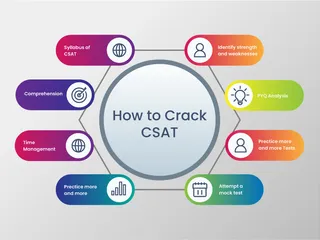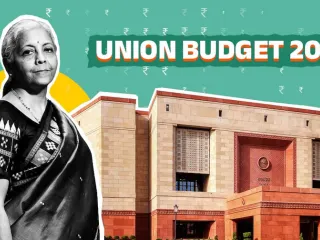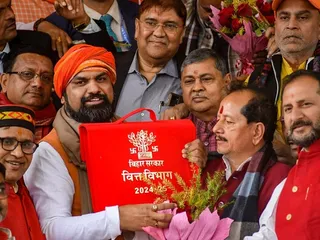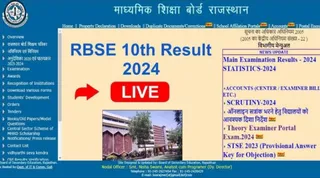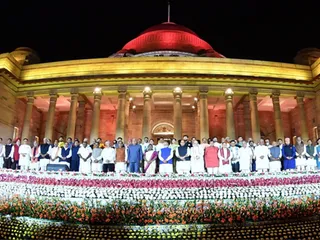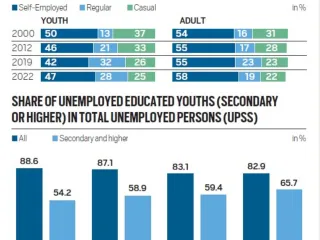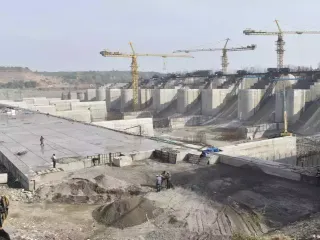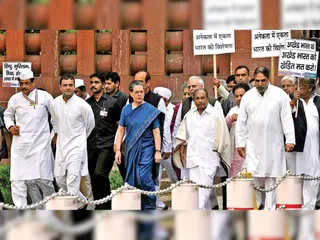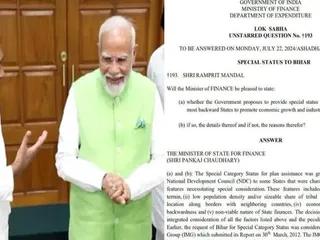The National Education Policy (NEP) 2020 is a comprehensive framework designed to overhaul India's education system. It aims to create a more holistic, flexible, and equitable education landscape, preparing students for the challenges of the 21st century.
Key Features of NEP 2020:
- 5+3+3+4 Structure: This new structure reorganizes schooling into foundational (ages 3-8), preparatory (ages 8-11), middle (ages 11-14), and secondary (ages 14-18) stages.
- Multidisciplinary Approach: The policy emphasizes interdisciplinary learning, encouraging students to explore diverse subjects and develop critical thinking skills.
- Emphasis on Foundational Literacy and Numeracy: Early childhood care and education receive significant attention, focusing on building a strong foundation in literacy and numeracy.
- Flexible Curriculum: Students have greater flexibility in choosing subjects and pathways, allowing for personalized learning experiences.
- Increased Focus on Vocational Training: The policy integrates vocational education at various levels, making students job-ready.
- Digital Education: Leveraging technology to enhance teaching and learning is a key component.
- Establishment of Higher Education Councils: These councils aim to enhance the quality and governance of higher education institutions.
Implementation and Impact:
The implementation of NEP 2020 is an ongoing process. While it presents numerous opportunities for improvement, challenges remain in areas such as teacher training, infrastructure development, and resource allocation. The long-term impact on learning outcomes and societal development will be closely monitored.
Further Resources:
For more detailed information, you can refer to the official NEP 2020 document available on the Ministry of Education's website:
Ministry of Education, Government of IndiaNote: This is a summary. Consult the official document for complete details.

